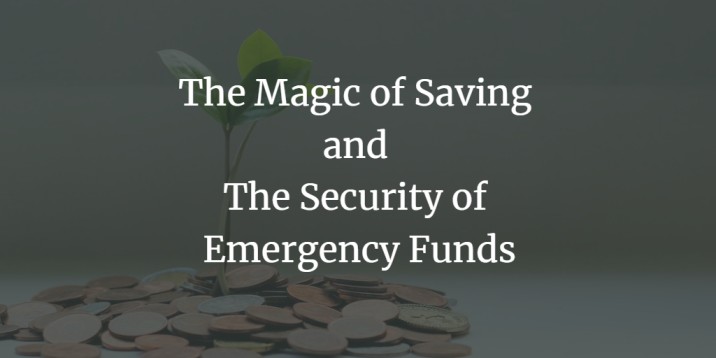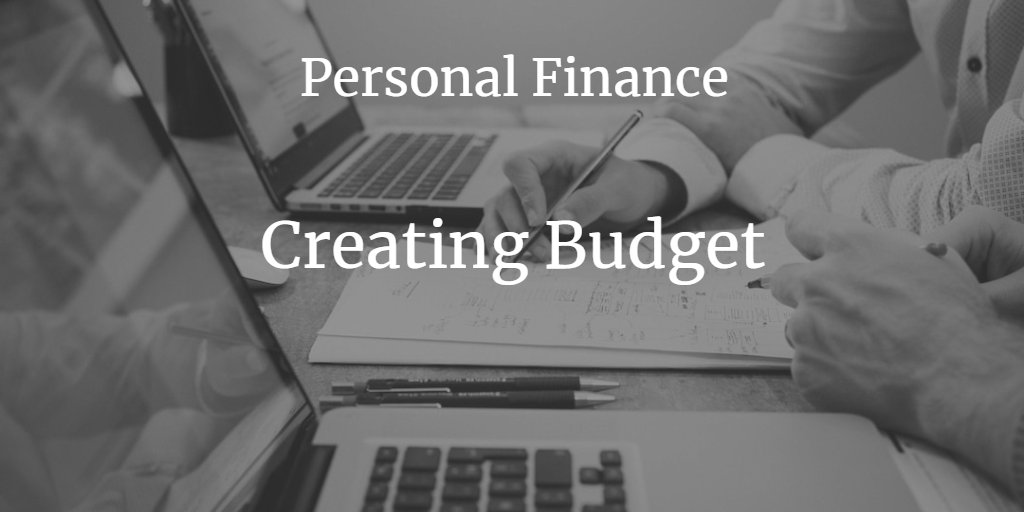In simple terms, Personal Finance means meeting your personal financial goals. These goals can be anything like a retirement goal, saving for a child’s marriage or higher studies, a vacation or anything personal. Personal finance differs between two individuals because the goals between two individuals are different and that’s why it is called Personal Finance. We get our salary, we spend based on our monthly expenses and then save some part of it. Along with that, we should also be making some smart financial decisions which will make sure that we have enough money for everything.
It is very easy to get caught up with all the work we do in our day-to-day life, whether at work or spending time with our family. But we should also be keeping an eye on our finances so that we can make our lives better so that we can meet the unexpected expenses. Personal Finance is a term which covers managing your money as well as investing. So let’s go through some of the core concepts of Personal Finance.
Create a budget
A budget is a plan which will make sure that we live within our means and save enough to meet our long-term goals i.e. it is a plan for spending and saving money. Through the budget, we will know what is our net inflow, our expenses and how much we can save for our financial goals. So if you are starting your financial journey then the first thing to do is to create a budget. The easiest and most basic budget is a 50/30/20 budgeting method where you will allocate 50% of your income for living expenses, 30% for your needs and 20% goes to savings for your financial goals.
Set aside money for emergencies
We might set a budget and work on it to make our financial life better which is a great start but along with that if we do not have any emergency funds then it’s a problem. Emergency fund in simple terms is a fund which is readily available to you when you need it. Emergency funds can be a savings account or fixed deposit which can be accessed 24/7. This is very important to have because if an individual doesn’t have then it can derail your financial journey anytime whenever an emergency arises. Having at least 3 to 6 months of living expenses as your Emergency Fund is recommended.
Start saving and invest
So now we have a Budget and we have an Emergency Fund and we are all set to start our financial journey. The next is to save and invest. Remember in the Budget section we said that if you are following the 50/30/20 rule then 20% goes into investing. We should start investing as soon as possible because we can benefit from compound interest which is one of the best ways to build wealth over time. So if you have not started now, then you should start today.
Starting with 20% of your income as an investment is a good start but if we have to be financially stable we have to increase our investment. To increase investment, we have to reduce expenses gradually. I am saying gradually because we cannot reduce the expenses all at once. Like when you have a budget defined, every year you can tweak your budget so that your expenses are set to reduce by 5% and your investment is set to increase by 5%. If I talk about investment, it doesn’t mean buying stocks, there are other types of investments depending on our risk level.
If you are looking for less riskier assets then go for Mutual Funds, Government Bonds, Fixed Deposits, REITs etc.
Eliminate high-interest credit card debt
Debt is an amount of money which you will borrow and have to pay back later. Now for the amount of money you will borrow, you also have to pay interest on it. The interest will depend on where you have taken the loan. The credit card has the highest interest where you have to pay around 30 to 40% interest, whereas with a personal loan, you have to pay around 11% to 16%.
Our goal should be to eliminate high-interest debt i.e. we have to eliminate credit card debt. If you cannot eliminate credit card debt then you can consider taking a lower interest rate loan like a personal loan or a loan from family and friends so that your interest payment gets reduced and you will pay off the loan faster.
Accumulate wealth
You have created the budget, saved for emergencies, started saving and then eliminated high-interest debt and now it’s time to accumulate wealth. Also after you have accumulated wealth, you have to sustain it by making smart financial decisions. First and foremost, you have to be regular in saving because that is essential for building your nest egg. The best way to automate your savings is that they should happen irrespective of whether you remember it or not.
Once you start saving, you have to invest wisely. You have to understand your risk appetite. You can invest in many different ways like stocks, mutual funds, bonds etc.
Though personal finance seems easy, people make it complicated. We just have to keep it simple and stick to the basics, in this way, you will master your personal finance. So if you want to start your financial journey, start by doing these 5 steps.
- Create a budget
- Set aside money for emergencies
- Start saving and invest
- Eliminate high-interest credit card debt
-
Accumulate Wealth
Happy Investing
“An investment in knowledge pays the best interest.” — Benjamin Franklin
 Gopesh Sharma
Gopesh Sharma 
 The Magic of Saving and the Security of Emergency Funds
The Magic of Saving and the Security of Emergency Funds